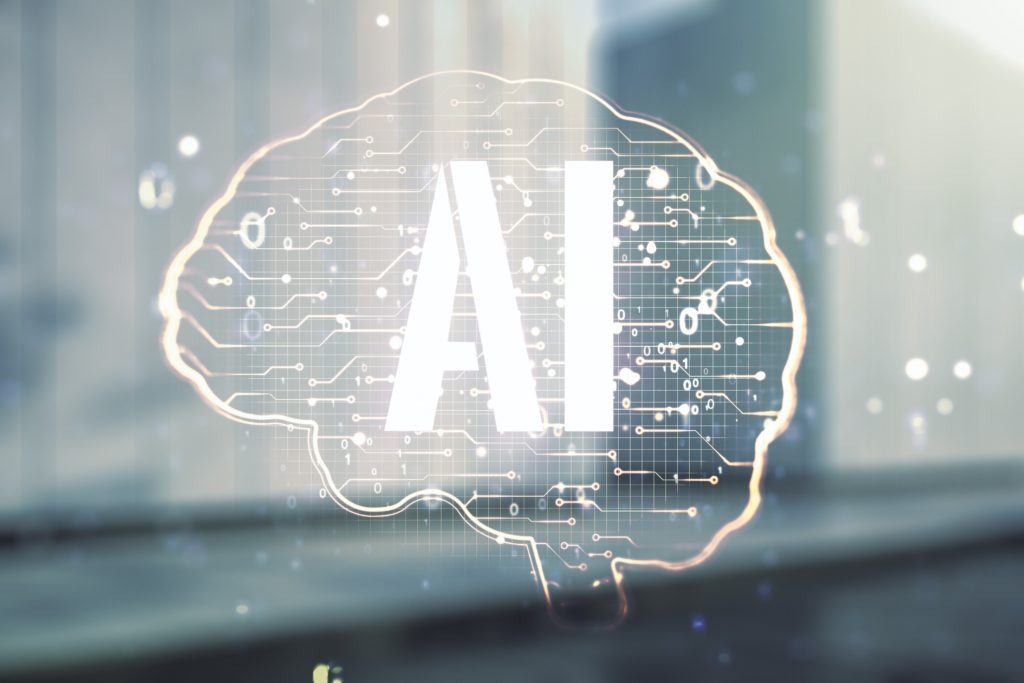
When generative artificial intelligence (AI) entered the scene, it changed the way individuals and businesses operate and create. Generative AI and natural language processing (NLP) tools such as ChatGPT, Scribe and Google Bard make it easier than ever to access information and push the limits of creativity. At the same time, generative AI raises crucial considerations about how and when these tools should be used. For marketers, while AI tools are reshaping the landscape of content creation, it’s important to consider important “do’s” and “don’ts” of using AI to support marketing and content-creation efforts.
When to Say ‘Yes’ to Generative AI
Generative AI can save marketers valuable time, freeing up hours for more strategic activities. Here are some of the areas where its capabilities give marketers a leg up on content creation:
- Initial research. Some of the first popular examples of ChatGPT included describing complex topics like quantum computing or astrophysics to a five-year-old. This ability to extract information from throughout the internet and then transform complicated ideas into more digestible text is one of generative AI’s main functions. While it’s vital to confirm the accuracy of information created by generative AI tools, they can be helpful for gathering foundational research or preliminary definitions about a particular topic.
- Early brainstorming. Generative AI can be useful for organizing notes and other information or creating an initial outline for content development. Tools such as ai or Jasper.ai can help organize and navigate long-form content or support search engine optimization (SEO), which can be especially helpful for large projects or website copy.
- Headline ideas. Generative AI tools can be handy when coming up with synonyms or alternative ideas, making them especially helpful for creating headlines and titles for articles, blogs, white papers and other forms of content. Keep in mind that AI-generated headlines can be repetitive. For this reason, use AI to generate initial ideas and then add your own spin.
- Grammar, spelling and writing style. Automated grammar and spellcheckers are not new, but their accuracy and capabilities are continually improving. Tools like Grammarly can make suggestions within numerous programs or devices to improve the clarity of sentences or match the material’s overall tone.
- Next-level content creation. Paid add-ons for Microsoft Office such as Ghostwriter offer enhanced tools for content creation. Also, the newly released Microsoft365 Copilot integrates generative AI into live meetings, business development, graphic design and other applications.
When to Say ‘No’ to Generative AI
While generative AI has numerous benefits, savvy marketers may choose to avoid generative AI in the following situations:
- Factual, up-to-date answers. Because generative AI tools congregate mass amounts of data to regurgitate information, they always provide the disclaimer that they cannot guarantee the accuracy of any data shared by the tool. Generative AI is not a reliable tool for extensive research, especially because many tools do not provide sources for the content they create. As such, it’s still vital to confirm that answers or details gathered from generative AI are current and accurate according to reputable sources.
- Personalized messaging. At first glance, it’s surprising how much these AI tools can mimic a human’s language. Now that the tools are more commonplace, however, it’s become easy to spot the predictable tone, sentence structure and overall organization of AI-created content. For these reasons, audiences, editors and customers can tell when AI is behind the content. There are instances where automated content makes sense, such as an early chat-based conversation or a simple follow-up on a purchase. That said, personalized messaging or targeted expertise are not the areas to leverage AI-generated content. It comes across as impersonal and disingenuous and can risk relationships with valued customers.
- Sensitive information. ChatGPT and other similar AI tools not only store the data users enter but also use it to further train their models. As such, it’s important to avoid AI when it comes to any information that needs to remain secure. For example, when Samsung employees used ChatGPT to review and edit their code, they mistakenly revealed some of Samsung’s trade secrets. The company has since banned its employees from using ChatGPT in any work-related scenario.
The Importance of the Human Element

AI tools will undoubtedly continue to change and advance at a fast pace. While there are dos and don’ts that marketers must practice today, those best practices will shift with the technologies, trends and buyer preferences that shape the marketplace. While generative AI holds immense potential for enhancing marketing initiatives, its application should be strategic and guided by a deep understanding of its strengths and limitations. Human expertise remains indispensable, especially in areas requiring creativity, strategic thinking and a profound understanding of target audiences. By striking the right balance, marketers can harness the power of generative AI to deliver campaigns that deliver real value now and in the future.

